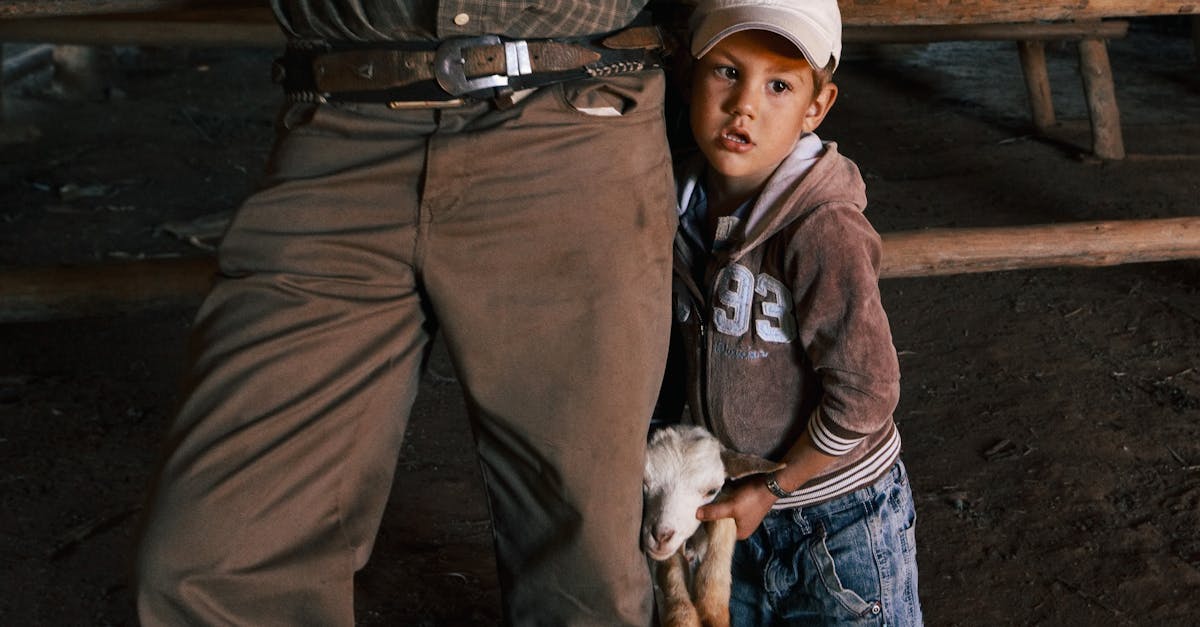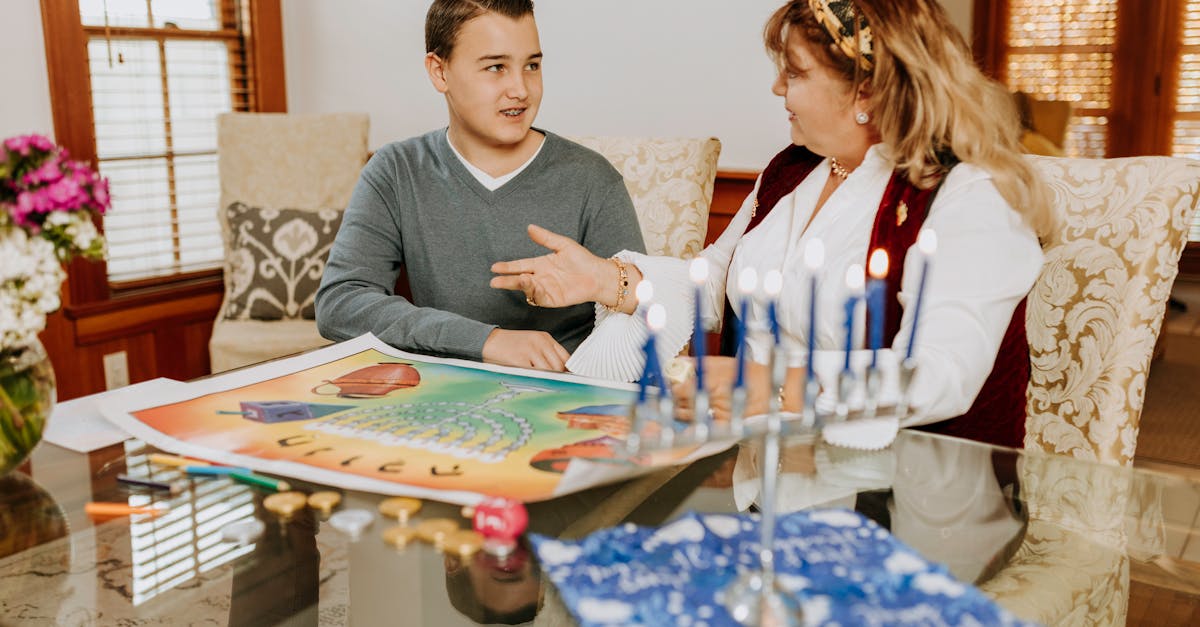Why Empathy Matters for Young Minds
Empathy is like a superpower for preschoolers. It helps them understand others’ feelings and boosts social skills. Surprisingly, empathy can be taught! By nurturing this skill early, children grow into kind-hearted adults.
Imagine your child connecting with others on a deep level and offering a helping hand without being asked—a parent’s dream!
With field trips, you can plant empathy seeds in fun ways. Plus, these adventures encourage communication, understanding, and even more giggles. Talk about educational multitasking!
How Can You Help Your Child Develop Empathy?
Field trips are an ideal option. They’re not just for fun, but crucial in learning empathy through exposure to different environments and people. Remember the time little Timmy mistook that goat at the petting zoo for a dog? Chocolate, laughter, and empathy-building all the way!
Empathy taught young is a gift; let’s unwrap it.

The Magic of Field Trips
Remember your favorite childhood field trip? Think back to those magical days. Now, think scalability: empathy building. Field trips, when sprinkled with empathy, transform little explorers into future heroes.
Whether visiting local animal shelters or senior homes, community trips for pre-schoolers enrich learning. Kids connect with different people, hear diverse stories, and understand varied lives.
Empathy in Every Moment
On these trips, every moment teaches empathy. From sharing lunch stories to caring for animals, children learn compassion. Field trips aren’t just outings—they’re emotional adventures. So why the cat from the animal shelter ended up being their new best friend? Emotional growth happens naturally!
The Value of Variety
Plus, variety keeps these trips engaging, opening a world beyond cartoons and teddy bears.

Planning the Perfect Community Visit
Planning community visits isn’t rocket science! Ensure your day out is empathy-packed and full of learning moments. Here are some tips to create a memorable experience:
1. Choose a Destination
First, choose a destination aligned with your child’s interests. Whether it’s:
- Animals
- Art
- Individuals (like meeting local heroes)
Pick wisely!
2. Involve the Kids
Next, involve kids in planning. It’s their trip, after all. This makes them feel valued and sparks curiosity about their destination.
3. Pack the Essentials
Don’t forget to pack the essentials:
- Sunblock
- Hats
- Snacks (even though your preschooler might just eat your snack!)
4. Keep the Itinerary Flexible
Allow time for unplanned surprises. Sometimes, the best moments are the ones you don’t plan!
5. Encourage Interaction
Encourage questions and interactions during your visit. This fosters connections and enhances learning experiences.
6. Prioritize Safety and Comfort
Finally, ensure safety and comfort to keep trips stress-free and fun. A trip is successful when you hear:
‘When can we go back?’
Trust me, they’ll ask!

Common Emotional Challenges
Preschoolers are emotional rollercoasters, experiencing everything from giggles to tears! Field trips sometimes amplify these highs and lows. Understanding common emotional challenges is vital for parents.
On community visits, homesickness, shyness, and fear of strangers might pop up. Imagine stepping into a room full of long-bearded grandpas with puppies; not every toddler survives the cuteness unfazed!
Strategies for Support
Be patient and offer emotional support. Prepare children for these challenges before setting out by discussing what to expect on the visit and reassuring them.
- Stay calm during any meltdown moments.
- A favorite teddy bear or comfort item may work wonders.
Encourage positive interactions, but don’t force discomfort. After all, empathy grows best in a supportive environment!

Get Involved: Tips for Parents
Want your child to gain from empathy field trips? Get involved! Start by asking your child about their interests. Do they love animals or the neighborhood fire station? Your engagement fuels their enthusiasm.
Offer to volunteer on trips if possible, building stronger parent-child bonds. Here are some ways to get involved:
- Be a chaperone on school field trips.
- Organize games and activities to interact with kids.
- Discuss what your child enjoyed or found challenging during the trip.
- Share stories of your past trips to inspire them.
Actively participating shows that empathy isn’t just for trips. You can extend the values learned by involving them in everyday acts of kindness, such as:
- Helping neighbors with groceries.
- Participating in community events.
- Performing simple acts of kindness at home.
You’ll notice that small interactions evolve into bigger moments of compassion. Together, you can cultivate a lasting impact!

Join the Conversation
What are your thoughts on preschool adventures? Let’s chat! Encourage reader interaction by sharing stories and experiences. If your child turned a field trip into a surprising learning experience, tell us!
Ask questions and provide feedback:
- How did empathy trips influence your preschooler?
- Did they have a favorite stop or a funny moment?
- Was there a meltdown saved by chocolate chip cookies?
Let this be a space for parents to discuss, learn, and grow together. Share tips and any successful strategies. Have conversations in the comments and connect with other parents embarking on similar journeys.
The community can make these exciting explorations unforgettable. Together, let’s raise empathic adventurers!

